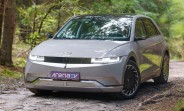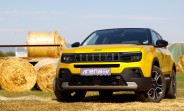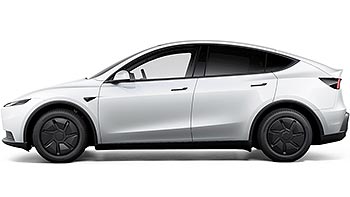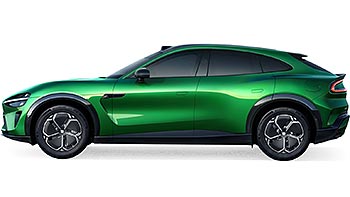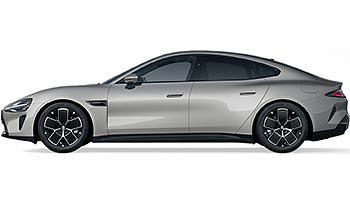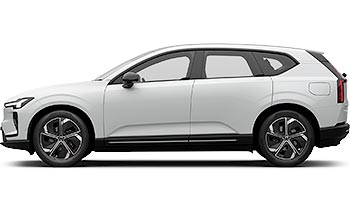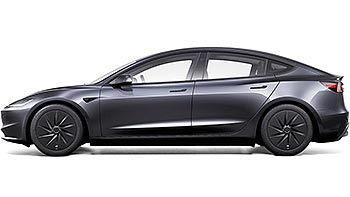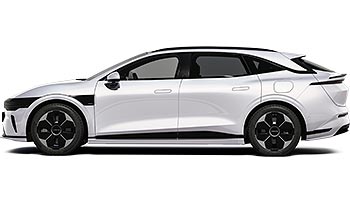Gotion unveils world’s first 1,000 km LFP battery

We are slowly getting used to the idea of a 1,000+ km batteries, Zeekr 001 just went on sale with the Qilin cell and so has its MPV sibling, the 009. A couple of years ago the notion of a battery cell capable of delivering more than 1,000 km of driving range was a fairytale. Now a Chinese company is tackling the next step - replacing the NCM chemistry with a cheaper, LFP base.
And immediately we hit a snag - the battery unveiled by Gotion is not an LFP battery. Turns out the progress is not as simple as most of us would hope and the Gotion’s engineers had to cheat a little. While it is possible to have a 1,000+ km LFP battery, its size would stop it from being used in passenger cars and it would be far too heavy making the entire exercise pointless.
 Gotion technical conference
Gotion technical conference
The new L600 LMFP battery is based on lithium iron phosphate chemistry with added manganese. The battery pack is called Astroinno Battery and it was unveiled at a technology conference organized by Gotion. The new cells have an impressive energy density of 240 Wh/kg or 525 Wh/L and they support up to 4,000 charging cycles at room temperature. That number drops to 1,800 cycles at high temperatures.
Those impressive numbers mean that a production-ready battery, using the L600 LMFP cells should have an energy density of 190 Wh/kg which is already higher than the mainstream LFP batteries which usually have a density of around 150 Wh/kg. Further improvements were made to the design of the battery which features a sandwich structure with double-sided liquid cooling technology, similar to what we have in the Qilin batteries.
The battery pack constructed with the new L600 cells has a volume utilization of 76% and it uses apparently 80 meters less wiring than the previous model. Structural components are reduced by 45% and their weight is reduced by a further 32% resulting in a very energy-efficient battery pack.
 Volkswagen will have the first batteries next year
Volkswagen will have the first batteries next year
While the Qilin battery may have a 1,000+ km range, it achieves it thanks to its 255Wh/kg energy density. That in turn comes from the NCM chemistry and is extremely expensive - Zeekr is asking for an additional $15,000 from the customers opting for the 140 kWh battery pack and its supplies are limited to 1,000 units.
Gotion’s solution may be the answer for a cheaper battery and yet capable of delivering superior range, putting the range anxiety firmly in the rear-view mirror. When and where will we see those batteries first? Surprisingly - next year in Volkswagen models, most likely in the ID.7 first and then in more EVs from the VW Group. The German automaker invested $1.2 billion in Gotion back in 2020 in exchange for new batteries for its next-gen SSP platform.
Reader comments
- tooltalk
LFP is not cheaper than NCM8/9. NCM costs 20% less in raw materials or 5% less in cathode material.
- 20 May 2023
- sb3
